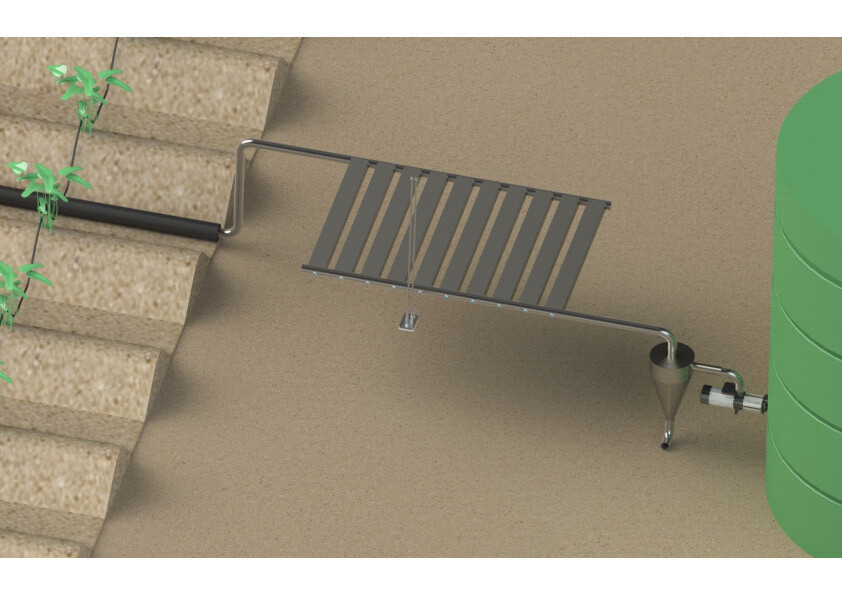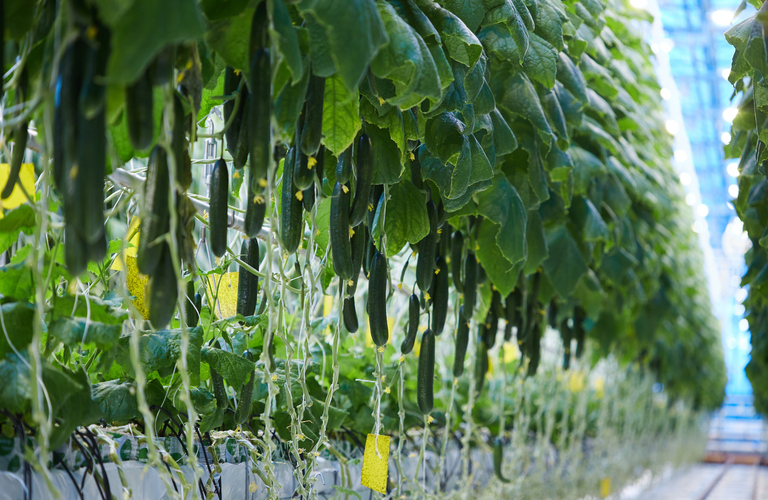Improving Productivity in Field Grown Crops - Soil-Based Systems
Grass seed germination after 72hrs, treated with normal water (on the left) and the Reepel approach(on the right).
Improved Farming Productivity - Using Desai Microgation Approach
Conventional farming systems require high levels of fertiliser input along with water. Different approaches for farming are used in different parts of the world, depending on the cultivar, approach taken, soil quality and type, seeds, etc.
However, fertiliser use has resulted in ability to produce sufficient levels of food capable of supporting our population. In fact, without ammonia/nitrogenous-based fertilisers, the world would not be able to support 50% of the global population (cf. Smil,V. , How the World Really Works: A Scientist’s Guide to Our Past, Present and Future, 2022).
According to Desai et al, 2022 ( https://doi.org/10.1016/j.cep.2021.108693) , 1.8-2% of the world's emissions are linked to ammonia production which is in turn used for fertiliser production. This paper does not link the indirect emissions caused by the fertiliser application.
Continuous use of fertiliser reduces soil quality, which reduces crop growth, and hence requires an increased use over time to increase productivity. Water is a continuously depleting commodity which is already causing production issues globally due to scarcity.
Emissions from fertilisers and the associated climate change effects are a medium-longer term issue when compared to the prospect of national/global food interests. A simple solution does not exist and solutions which either reduce emissions from fertiliser production or increase farming productivity concomitant to increased efficiency of fertiliser uptake are approaches that provide meaningful outcomes. Reepel is targeting both these solutions leveraging multiple technologies.
Sustainable fertiliser production from wastewater (centrates/ anaerobic digester waste) and CO2 can be seen on our DZ-ABR page.
Increased fertiliser efficiency and water uptake are targeted using a novel approach presented below, showcased to have excellent results in increased productivity in soil-based systems.
Our novel approach ensures that the farming productivity is increased by increased production rate, biomass growth, fruiting (rate, size , and number), foliage, and reduced crop growth time.
Desai Microgation
There are several microbubble generating companies and papers which have showcased benefits stated here. The major issues with these approaches stem from their generation which is in a turbulent manner. This results in loss of majority of the microbubbles due to coalescence and bursting. Reepel generates targeted microbubbles in a laminar manner which are able to survive long distances in soil and get attracted to the root zone.
The approach , termed as Desai Microgation , is utilised where targeted microbubbles loaded with appropriate nutrients are deployed as irrigation systems/supplements. The approach can be new-build or as a retrofit to existing irrigation systems.
We have compiled information from literature as well as tested Desai Microgation, for variety of crops leading to 16-800% increases in total productivity. Total productivity is a combination of total yield, growth rate, biomass , inputs in terms of fertiliser/water, foliage, fruit (size, yield, number ), seed germination , and crop cycle time. Tests have been conducted on several types of cultivars and crops such as tomato, potato, sweet potato, beetroot, ginger, kalangal, galangal, wheat, rice, barley , cucumber, zucchini , jatropha, soybean, mint, onion, molokhiya, and several others.
Paddy Trials
Tests have been trialled on rice based systems, with supplementary information sourced from literature for arsenic uptake information. Anonymised results have indicated 25% reduction in water use, 24% reduction in fertiliser use , 40% increase in yield , with increased foliage, 90%+ reduction in methane emissions, and 70-87% reduction in arsenic uptake from ground water into leaves and shoots of the rice plant.

Desai Microgation with Smart Farm Approach
We have partnered with a novel ultra-low cost IoT sensing, monitoring, recording, and control company that measures soil properties for existing nutrients, and sends the signal across to the Microgation control unit. This provides real-time information and control possibility for the farm to ensure continuous improvement in production and increased yield over time. The sensors are different from conventional sensors as they are 1/400th the cost of competing sensor systems and have been deployed in farms in South East Asia. The combination of the technologies provides a robust sensing, monitoring , and control system coupled with increased productivity with the ability to protect against vagaries of the weather. A rendering is showcased to provide an indication of the setup (due to confidentiality), specific implementation scenarios can be discussed with an appropriate NDA in place. Current R&D is being undertaken to improve quality of the plants.




